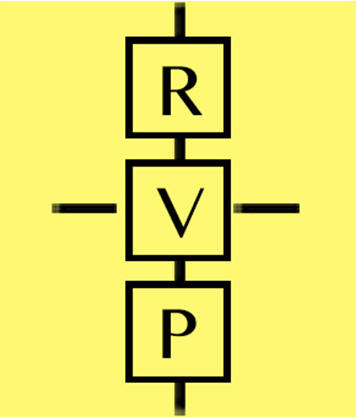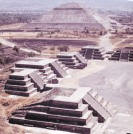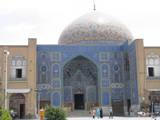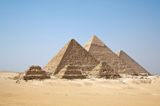|
AN INVITATION
THE ANNUAL SEMINAR
Human Identity or Nature:
Stable and/or Changing?
October
18 – November 19,
2010 Washington,
D.C.
Challenge
The tragedies of
the last century have made the definition and
justification of absolute human rights a most pressing
necessity. But the task of understanding human identity
or nature and its authentity or dignity which these
rights are meant to defend has proven elusive, even as
the need intensifies. Indeed, in some ways we may be
moving ever further from achieving this task.
Hence this seminar will begin with a study of the
critiques, from Ockham and Bacon to Rorty,
of the notion of human nature and of the nature of
the sciences which would do away with it. The very
term nature, whether in its substantive or adjectival
form, has changed radically over these last few
centuries. Moreover, changes in meaning to the
substantive form of the term necessarily bring about
changes in the meaning of the adjectives that qualify
it. Thus, divine and human as describing 'nature' have
been drastically altered. These conceptual changes,
which began in the West, are now being felt across the
globe as the related epistemology of the via moderna and
its sciences imposes itself.
In addition, as the focus of the present seminar will be
on human nature, a third name must be brought into the
discussion: Charles Darwin and his evolutionary theory.
Seeing the relation between the above-mentioned
metaphysical and epistemological movements on the one
hand, and their subsequent influence on Darwin's
biological theory on the other is imperative for
understanding and addressing the changes in meanings
that have taken place with respect to human nature.
By way of response, the seminar will then turn to the
nature of science in order to determine the necessary
but not restrictive role of sense experience and its
relation to the imagination and the intellect. Nature,
and hence the human essence or identity, as the proper
and unchanging object of the human intellect is the
metaphysical or existential basis for human
dignity and hence human rights.
But therein lies our dilemma, for to the degree that
human nature or identity is stable must it be said to be
immutable and thereby an impediment to human progress?
Or if changing, to what rights does it entitle one: when
and for how long? For answers to these questions
the seminar will look to the more recent groundbreaking
phenomenological, existential, and hermeneutical
developments, as these contribute to discovery with
respect to the philosophical anthropology and ethics,
aesthetics and and indeed the wisdom that is
required for a worthy life in these times and beyond.
Seminar
Characteristics
Size:
restricted to under 20 scholars, in order to facilitate
intensive interchange around a single table;
Interdisciplinary:
in order to draw upon the contemporary capabilities of
the various humanities and sciences and to penetrate
deeply into the philosophical roots and religious
meaning of cultures;
Intercultural: to
benefit from the experiences and commitments of the
various cultural communities from all parts of the
world, to discover the particular problems of living
together in our day, and especially to envisage new and
creative responses;
Focused: a
single integrating theme, in order to encourage a
convergence of research and insights;
Duration:
5 weeks, in order to allow the issues to mature, the
participants to establish a growing degree of mutual
comprehension, and new insight to emerge;
Intensive:
analyzing in detail a set of related readings as well as
the papers planned in common and completed by each of
the participants; and
Publication:
the resulting volume(s), consisting of substantive
studies drafted during the seminar by the individual
seminar participants and intensively discussed by all
will reflect the work of the seminar and share it
with those thinking deeply on the problems of
contemporary life in their various cultural communities.
Application for
Participation
Applications for participation
in this seminar should be sent by email by March 20,
2010, to cua-cscv@cua.eduand edwardjosephalam@yahoo.com include:
(1) a vita
describing one’s education, professional positions and
activities,
(2) a list of the
applicants’ publications,
(3) a letter
stating your interest and involvement in this theme and
the relation of participation in this seminar to your
past and future work in philosophy and related studies,
and
(4) an abstract
of a study(s) you might present as an integral part of
the seminar.
|







